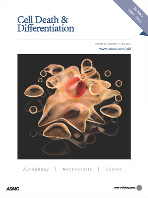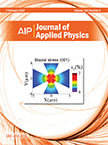 After an international group of physicists agreed that the findings of their 2015 paper were in doubt, they simply couldn’t agree on how to explain what went wrong. Apparently tired of waiting, the journal retracted the paper anyway.
After an international group of physicists agreed that the findings of their 2015 paper were in doubt, they simply couldn’t agree on how to explain what went wrong. Apparently tired of waiting, the journal retracted the paper anyway.
The resulting notice doesn’t say much, for obvious reasons. Apparently, some additional information came to light which caused the researchers to question the results and model. Although the five authors thought a retraction was the right call, they could not agree on the language in the notice.
Here’s the retraction notice for “Atomistic simulation of damage accumulation and amorphization in Ge,” published online February 2015 in the Journal of Applied Physics (JAP) and retracted two years later in January 2017: Continue reading Researchers disagree over how to explain doubts over physics findings
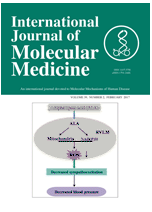

 Nearly five years ago, researchers suggested that the vast majority of preclinical cancer research
Nearly five years ago, researchers suggested that the vast majority of preclinical cancer research 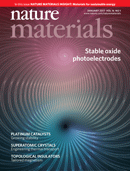
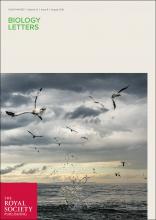
 After the first author of a debated study about the benefits of positioning your body in an assertive ways — the so-called “power pose” —
After the first author of a debated study about the benefits of positioning your body in an assertive ways — the so-called “power pose” —  The last author of a 1999 paper has asked the journal to retract it less than one month after a user
The last author of a 1999 paper has asked the journal to retract it less than one month after a user 